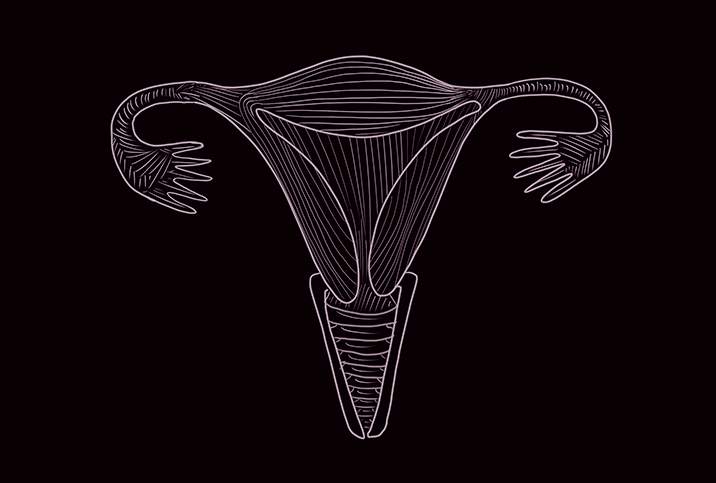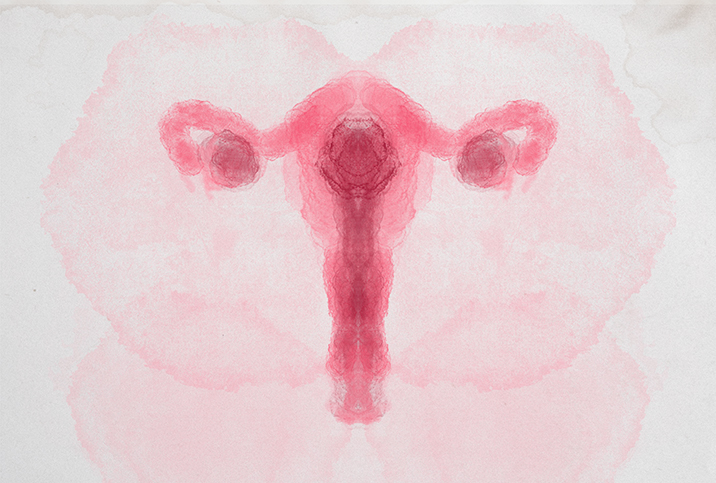5 Common Disorders of the Female Reproductive System

Human anatomy is complicated, and a lot of factors can impact our bodily mechanisms. The female reproductive system includes all of the external and internal sexual organs that function for reproduction. When the reproductive system doesn't work as intended, women can face painful symptoms ranging from cramps to infertility.
Here are five of the most common conditions responsible for throwing the female reproductive system off track.
Endometriosis
The endometrium is the tissue that lines the inside of the uterus. In patients with endometriosis, this unique tissue is found outside the uterus on organs such as the bladder or fallopian tubes, or (rarely) in different body areas, like the lungs.
Endometriosis often goes undiagnosed until fertility issues prompt further investigation. Unfortunately, the only way to concretely diagnose endometriosis is through laparoscopic surgery, although many doctors will attempt to identify the condition through pelvic exams and MRIs (magnetic resonance imaging).
The most common symptom is pelvic pain, especially during menstruation. Other symptoms may include pain during or after sex, pain when using the bathroom, issues with the digestive tract and spotting between periods. While there's no cure for endometriosis, pain relievers, surgery, in vitro fertilization (IVF) and hormone treatments can help manage the symptoms.
Uterine fibroids
Some of the same symptoms of endometriosis can also be caused by fibroids. Uterine fibroids, a type of benign tumor made up of muscle and other tissue cells, develop near the wall of the uterus. Depending on the size and location, fibroids don't necessarily require treatment or cause infertility.
There is no known cause of fibroids, but African American women and people who are overweight have a greater risk of getting them. Fibroids can lead to reproductive problems, painful sex, frequent urination and a feeling of fullness in the lower abdomen. Your doctor can prescribe medication to stop fibroid growth, or you may need surgery to have them removed.
Reproductive cancer
While fibroids are noncancerous, cancerous tumors can develop throughout the reproductive system, including the uterus, ovaries, cervix, vulva and vagina.
Your OB-GYN will screen for cancer cells during routine Pap smears and checkups. If you have unexplained symptoms, such as excessive bloating, high white blood cell counts or weight loss, your doctor can use imaging and other tests to determine if tumors are the cause.
Interstitial cystitis
Interstitial cystitis is a bladder condition that can affect men but is more common in women. Chronic bladder inflammation produces pelvic discomfort and scarring. Your doctor can diagnose interstitial cystitis through cystoscopy or looking directly at the bladder lining.
Treatment focuses on reducing symptoms through:
- Bladder training
- Changes to eating and drinking habits
- Medication (pain relievers, antihistamines, anti-inflammatories)
- Physical therapy
- Relaxation techniques
- Stress reduction
Your doctor may recommend bladder stretching or bladder instillation treatments (inserting medication in the bladder through a catheter).
Polycystic ovary syndrome
Polycystic ovary syndrome (PCOS) is a hormonal imbalance that causes immature ovarian follicles due to the hormone imbalance. This leads to diminished ovulation and irregular periods and infertility. Weight gain, excessive body and facial hair, and acne may signal higher levels of male hormones associated with PCOS. Diagnostic tools include blood tests, pelvic exams, physical exams and ultrasounds.
Unfortunately, there is no cure for PCOS, though lifestyle changes and birth control pills may help get symptoms under control. If PCOS causes infertility, you may need to undergo fertility treatments to become pregnant.
The female reproductive system is intricate and any changes to the mechanisms can cause a variety of side effects. Most disorders can be treated or at least managed, but don't wait until the symptoms become unbearable to see a doctor. If you notice any bodily changes, it's important to schedule an appointment with your gynecologist for testing right away.


















